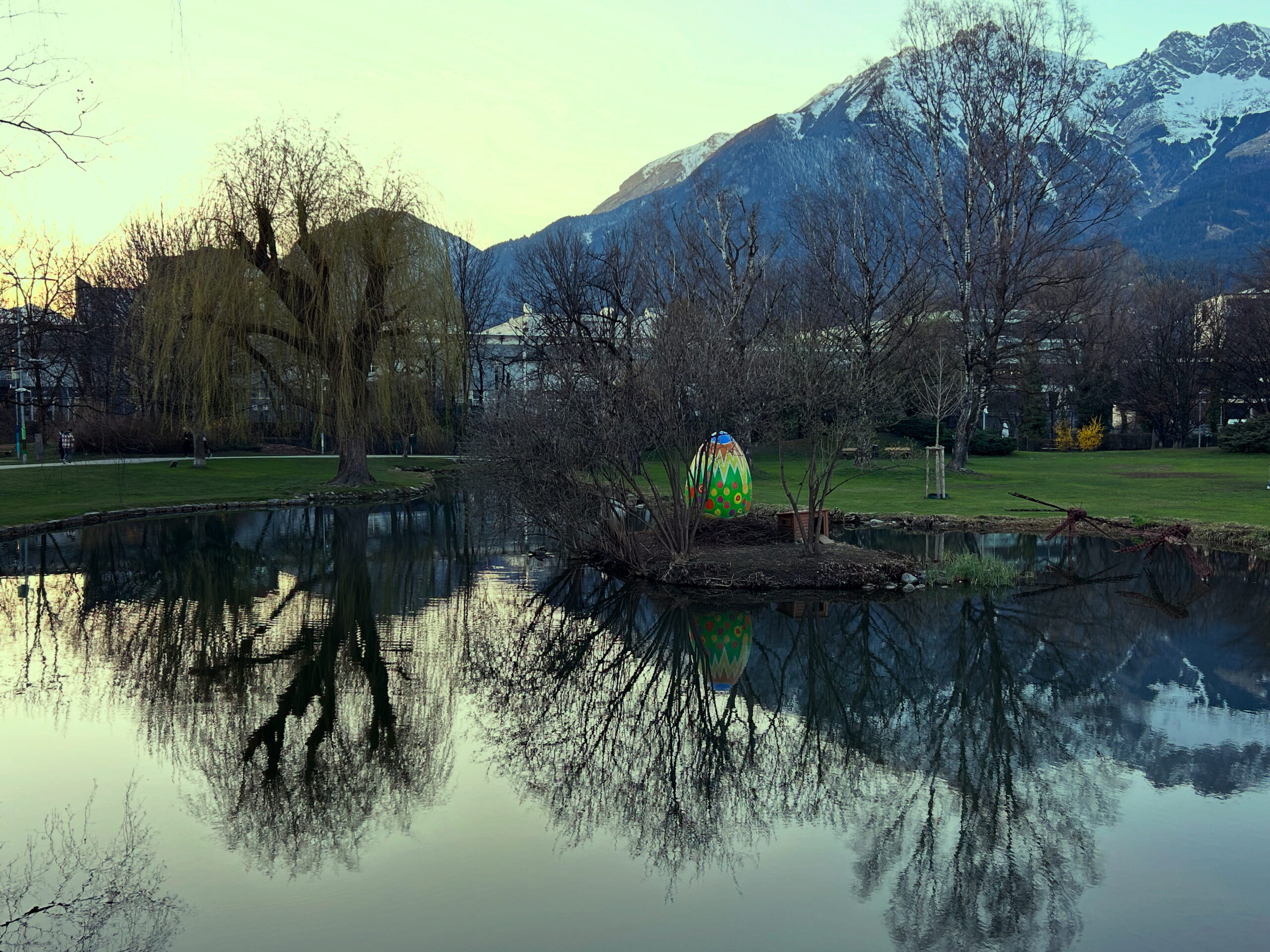The Rapoldis: local politics and resistance
The Rapoldis: hydropower and resistance
The couple Martin (1880 - 1926) and Maria Rapoldi (1884 - 1975) were among the most impressive personalities in Innsbruck city politics from the end of the monarchy to the post-war period. Martin Rapoldi came to Innsbruck via Carinthia, Vienna and Bohemia. He first came into contact with socially critical ideas during his carpentry apprenticeship. Together with other apprentices, he founded a kind of anarchist trade union in Klagenfurt with youthful fervour. In the capital of the Danube Monarchy and in Zatek in what is now the Czech Republic, he became involved in the trade union and the recently officially founded Social Democratic Party. In 1904, he moved to Innsbruck, where the man in his mid-twenties soon attracted attention as an ambitious organiser and rousing speaker. The following year, he married his wife Maria, who was also politically active. Thanks to his linguistic talent, he took over the Volkszeitungthe press organ of the Tyrolean Social Democrats. Despite initial euphoria in favour of entering the war, including on the part of the Social Democrats, the anti-clerical Pfaffenfresser Rapoldi soon came out in favour of peace and the introduction of universal suffrage at municipal level. After 1918, he was completely in line with the party line and in favour of unification with the German Reich.
In the early years of the First Republic, he had a short but stellar career. He was elected a member of the provincial parliament in Tyrol and a member of the first National Council in Vienna. In Innsbruck, he managed to make the Social Democrats the strongest party in the local council. However, due to the anti-socialist stance of the other parliamentary groups in the municipal council, he was never able to fill the position of mayor. Housing construction and the municipal energy supply were of particular concern to him. During Rapoldi's time on the municipal council, the major projects Schlachthofblock and Pembaurblock were built in Dreiheiligen and Pradl, as well as the school and kindergarten in today's Pembaurstraße. He was instrumental in the construction of the Innsbrucker Lichtwerke, today's Innsbrucker Kommunalbetriebe, was involved. His greatest achievement, however, was the acquisition of Lake Achensee. As early as 1911, the city of Innsbruck under Wilhelm Greil negotiated with the Bavarian monastery of Fiecht to purchase the lake for a power station for the city of Innsbruck's electricity plant. The war interrupted the project. In 1919, negotiations between the local council and the monastery about the purchase of Lake Achensee began anew. The purchase price was finally set at 1.2 million crowns plus the monastery's own electricity requirements. Financing proved difficult in the difficult post-war period. Until 1924, the federal government granted tax relief to municipalities for the construction of hydroelectric power plants. At the last minute, TIWAG, Tiroler Wasserkraft AG, was founded with the city of Innsbruck as the majority owner and the purchase was finalised. Legend has it that due to inflation between 1919 and 1924, it was not possible to buy a lake for the value of the purchase price at the time of payment, but only a man's suit. When the town sold the lake to TIWAG 60 years later, almost a billion schillings was realised, enough to pay off the town's debts. Martin Rapoldi was the driving force behind the construction of the Achensee railway, the Achensee power plant and the founding of Tiroler Wasserkraft TIWAG. In 1926, the enterprising Red journeyman carpenter at the young age of 46 from the consequences of kidney inflammation.
The life of his wife Maria is no less impressive. She came into contact with social democratic ideas at an early age in her parents' household in Wörgl. A trained accountant, she moved to Innsbruck. She probably met her future husband while working for the health insurance company. Despite having two small daughters, Maria was already involved in the regional women's conference of the Social Democrats in 1912. After the death of her husband, she remained active in social democracy. As an employee of the Volkszeitung During the years of Austrofascism, it was repeatedly targeted by the Vaterländischen Front. After the Volkszeitung was banned by the regime as part of the censorship programme, she had to eke out a living as an unemployed widow. She opened a stamp shop in the historic city centre. At the same time, she worked underground at the Red AidShe was also involved in supporting the families of imprisoned members of the Republican Protection League. During the National Socialist era, she was imprisoned for a short time. After the war, she also stepped out of the shadow of her husband Martin, who died young, in an official capacity. From 1946 to 1959, she was a member of Innsbruck's municipal council. She campaigned for social agendas such as old people's homes, children's homes and the improvement of food and health care in the post-war period. As a member of the Tyrolean relief organisation, the city school board, the board of trustees of the Sieberer orphanage and the administrative committee of the Innsbruck secondary school for girls
Martin and Maria Rapoldi are buried in a grave of honour at the Westfriedhof cemetery. The park in Pradl, opened in 1927, also bears the names of the two memorable city politicians. In Kranebitten, the Social Democratic Party erected a monument to him after Martin's early death, which was destroyed by members of the Home Army in 1934.
Sights to see...
Western cemetery
Fritz-Pregl-Straße
Slaughterhouse block
Erzherzog-Eugen-Straße 25 - 38
Racing school & kindergarten
Pembaurstraße 18 & 20
Rapoldi Park
Leipziger Platz
Pembaurblock
Pembaurstraße 31 – 41
